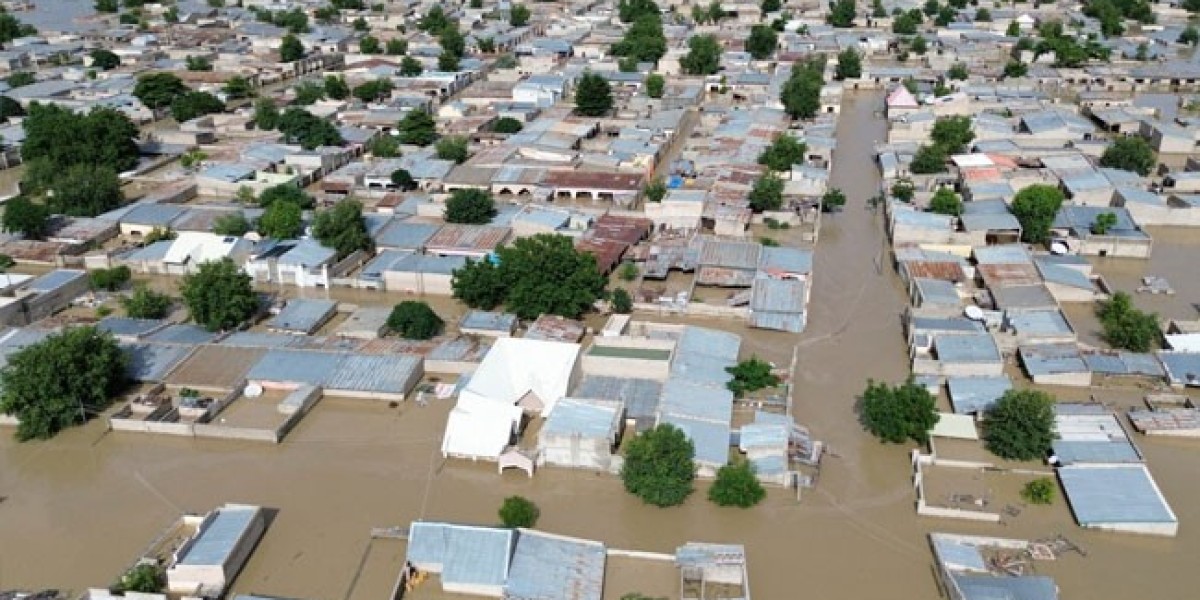The Federal Government has issued a nationwide alert, urging Nigerians to take immediate action in clearing canals, drainages, and gutters to prevent severe flooding across the country. This proactive measure comes as the rainy season intensifies, with many regions already experiencing heavy downpours that have led to waterlogging and the risk of flash floods.
A Call to Action
The Federal Government, through the Ministry of Environment and relevant agencies, has emphasized the importance of community involvement in flood prevention. Citizens are being called upon to ensure that all waterways, including canals, drainage systems, and gutters, are kept free from debris and blockages. This appeal is part of a broader strategy to mitigate the devastating impacts of flooding that have, in previous years, caused loss of life, displacement, and destruction of property.
In a statement, the Ministry of Environment highlighted that maintaining a clean and unobstructed waterway is not just the responsibility of government agencies but a collective duty of all citizens. They stressed that clogged drainages and canals significantly contribute to the overflow of water during heavy rains, leading to severe flooding in both urban and rural areas.
Impact of Flooding in Nigeria
Flooding has become an annual crisis in Nigeria, with many states experiencing significant damage due to inadequate drainage systems, poor waste management, and rising water levels. The impact has been catastrophic in some regions, with thousands of families displaced, farmlands destroyed, and infrastructure severely damaged.
For instance, in 2022 alone, the country witnessed over 300 flood-related deaths, and millions of naira worth of properties were lost. States like Lagos, Bayelsa, Rivers, and Kogi are particularly vulnerable, experiencing recurrent flooding that disrupts lives and livelihoods.
Measures to Prevent Flooding
In response to these challenges, the government has outlined several measures aimed at reducing the risk of flooding. These include:
Clearing and Desilting of Drainages: Residents are encouraged to collaborate with local government authorities to regularly clear and desilt drainage systems to allow the free flow of water.
Proper Waste Disposal: Citizens should avoid dumping refuse in canals and gutters, which is a major cause of blockage and overflow during rains.
Community Engagement: Local community leaders are urged to organize periodic clean-up exercises and educate residents on the importance of maintaining a clean environment.
Urban Planning and Development: The government has also called on developers to adhere strictly to urban planning regulations, avoiding construction on floodplains and ensuring that buildings have proper drainage systems.
Consequences of Inaction
The government warned that failure to heed these warnings could result in more severe flooding incidents, particularly in high-risk areas. Such floods not only threaten lives and properties but also have long-term impacts on the economy, food security, and public health. The recent flash floods in various parts of the country have already disrupted transportation, damaged roads, and contaminated water supplies, posing serious health risks.



